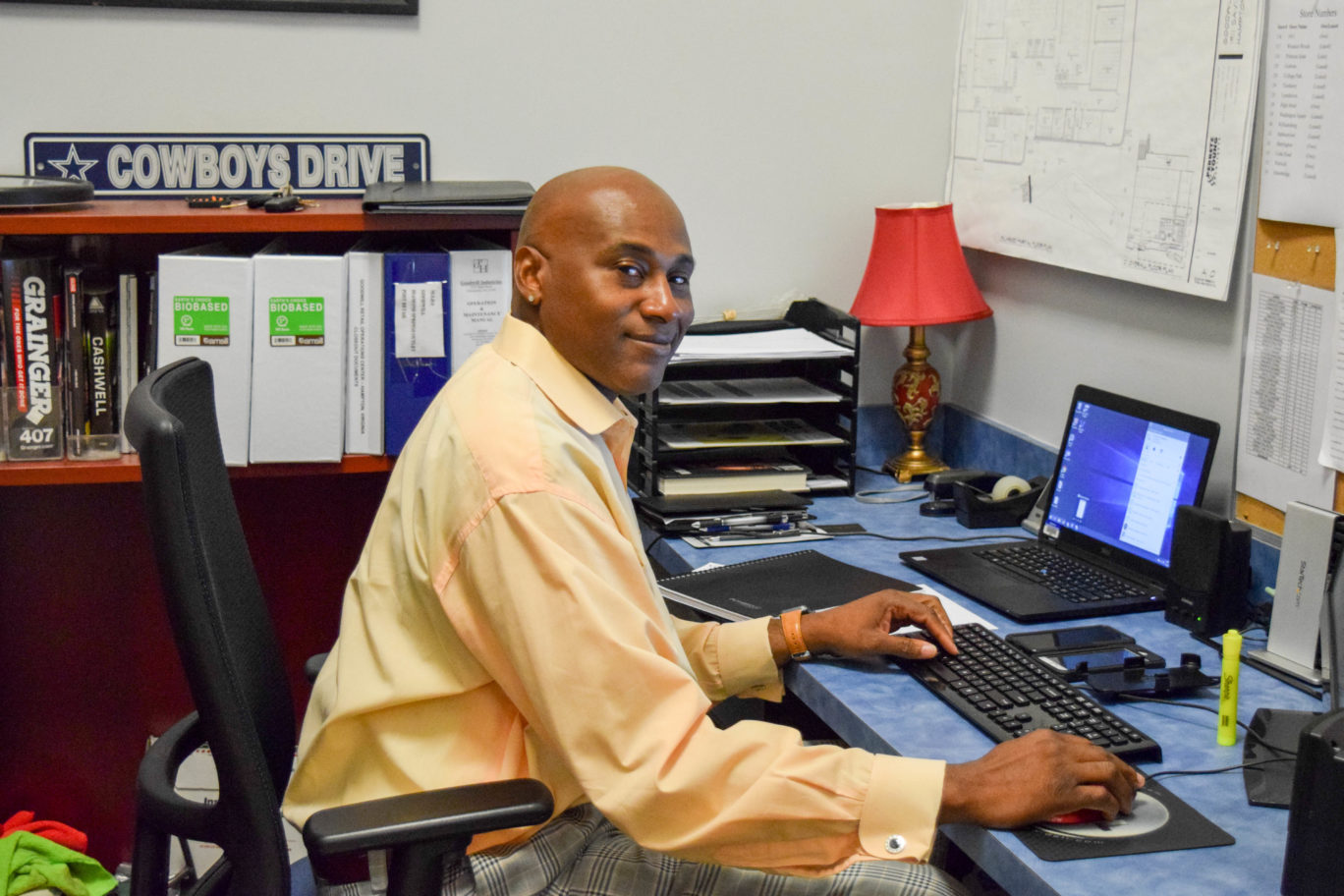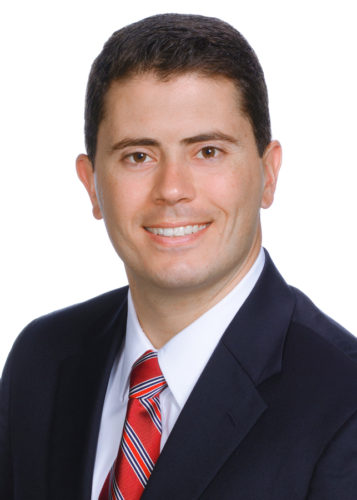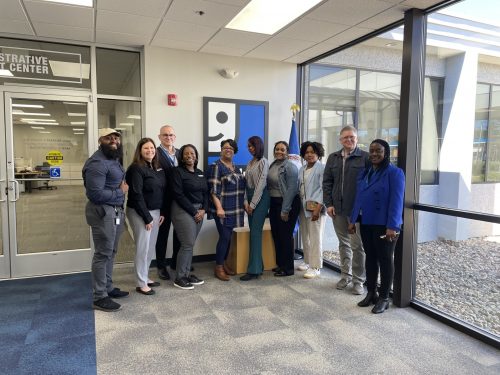
From a Veteran on Hiring Veterans: Four Ways to Avoid Getting Lost in Translation
January 21, 2019An estimated 360,000 service men and women transition into civilian life each year, and more than half will experience difficulties finding employment. As employers struggle to find qualified employees with unemployment at historic lows, veterans could be the answer to your organization’s hiring needs.
U.S. Marine Corps veteran and attorney Jim Giudice was a guest speaker at a recent Goodwill learning event. Here’s a recap of his remarks:
Why might there be a disconnect?
Terminology. Technical military terms and job descriptions can be hard to translate onto a resume. With approximately 190 different military specialties, it can be difficult for veterans to articulate their military responsibilities into civilian language. In addition, titles like “Army Ranger” and “Submariner” don’t always correlate well to the civilian job market.
Qualifications. Some veterans have the unique problem of being both under- and over-qualified, making it complicated on employers hiring for a specific role. A veteran may have years of experience managing hundreds of troops, but they may not get hired in a role managing hundreds of associates. While the leadership experience is there, the person may lack the technical competency which may be important to establish credibility.
Lack of shared experiences. In many interview situations, shared experiences between the hiring manager and interviewee can help strengthen mutual understanding, but military service is an experience that only certain individuals have. Hiring managers who have not served in the military may have a harder time empathizing with a veteran’s unique experiences, which could impact hiring decisions.
Stereotyping. Stereotypes can work against veterans in the workforce. Some hiring managers may hold misperceptions that veterans have PTSD or are too tough and wouldn’t assimilate well in a civilian workplace. These stereotypes cloud judgment, and veterans can feel the bias in the interview process.
What can employers do to boost veteran hiring?
Talk to veterans within your organization. When it comes to translating military experience or relating to veteran candidates, it can be helpful to consult veterans on staff. If your business doesn’t employ a veteran, consider bringing in someone with military experience to assist with your business’ hiring process.
Use available resources. While military vocabularies can be hard to translate into civilian workforce language, several free resources can help with the deciphering. Several websites have a “Military Skills Translator” that matches a veteran’s military occupation code (MOS, AFSC, and Rating), sub-specialties and other professional military skills to civilian job opportunities.
Give honest feedback. Often, veterans don’t receive meaningful feedback when they are passed over for a position. Perhaps a veteran didn’t have the appropriate technical skills for the position. Sharing that information can help the candidate seek out training and be prepared for the next job opportunity. Honest feedback encourages learning and behavior changes.
Encourage engagement. While a lack of shared experiences might exist between civilian hiring managers and veteran applicants, interview questions can help bridge that gap, such as:
- What inspired you to join the military?
- What was your experience like?
Hiring veterans is a great way to add qualified, hard-working individuals to your team. Goodwill of Central and Coastal Virginia is a certified Virginia Values Veterans employer and has made a public commitment to hiring veterans in its workforce. If you are interested in learning more about how you can recruit and hire veterans, please contact Goodwill at (804) 497-9066.
 James M. “Jim” Giudice served four years’ active duty as an officer in the United States Marine Corps. During that time, he commanded a Marine Recon Platoon, including a seven-month combat deployment to Afghanistan. He continues to serve as a captain in the United States Marine Corps Reserves and is currently the Marine for Life Representative for Central Virginia where he networks on behalf of veteran job seekers.
James M. “Jim” Giudice served four years’ active duty as an officer in the United States Marine Corps. During that time, he commanded a Marine Recon Platoon, including a seven-month combat deployment to Afghanistan. He continues to serve as a captain in the United States Marine Corps Reserves and is currently the Marine for Life Representative for Central Virginia where he networks on behalf of veteran job seekers.
Jim earned his Juris Doctor degree from the University of Richmond, where he was an articles editor on the University of Richmond Law Review and served as the president of the Veterans and Military Law Association. Today, Jim works as an attorney at Williams Mullen in Richmond.










